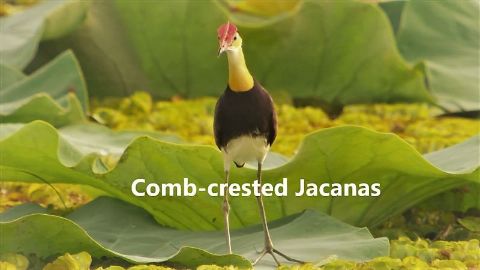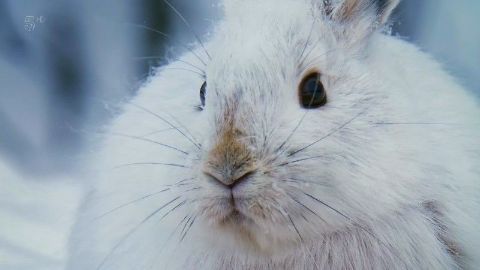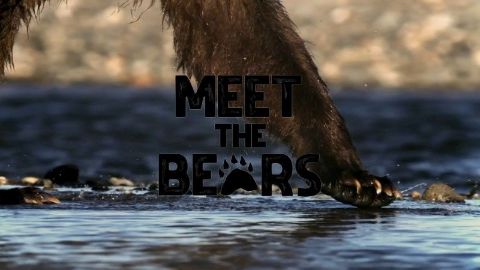Earth: One Amazing Day • 2018
Tells the story of life on earth in the course of one single day, narrated by Robert Redford and made by BBC Earth Films. This film features stunning visuals and scored a 100 per cent positive rating on the critical aggregator website Rotten Tomatoes. The family feature took three years to make, was filmed over 142 filming days in 22 countries and features 38 different species. It takes viewers up close and personal with a cast of unforgettable characters - a baby zebra desperate to cross a swollen river, a penguin who heroically undertakes a death-defying daily commute to feed his family, a family of sperm whales who like to snooze vertically, and a sloth on the hunt for love. 'As a storyteller and film-maker I often look to nature for sources of inspiration', said Robert Redford, narrator. 'In Earth: One Amazing Day, BBC Earth Films captured the natural world and its inhabitants using the perfect combination of storytelling and cutting-edge technology. The scenes and images are as inspirational as they are beautiful, and I was honoured to be a part of the film'. Told with humour, intimacy, emotion and a jaw-dropping sense of cinematic splendour, this film is a colourful, ultra-vivid family friendly adventure that spectacularly highlights how every day the natural world is filled with more unseen dramas and wonders than can possibly be imagined - until now.
Make a donation
Buy a brother a hot coffee? Or a cold beer?
Hope you're finding these documentaries fascinating and eye-opening. It's just me, working hard behind the scenes to bring you this enriching content.
Running and maintaining a website like this takes time and resources. That's why I'm reaching out to you. If you appreciate what I do and would like to support my efforts, would you consider "buying me a coffee"?
Donation addresses
BTC: bc1q8ldskxh4x9qnddhcrgcun8rtvddeldm2a07r2v
ETH: 0x5CCAAA1afc5c5D814129d99277dDb5A979672116
With your donation through , you can show your appreciation and help me keep this project going. Every contribution, no matter how small, makes a significant impact. It goes directly towards covering server costs.





